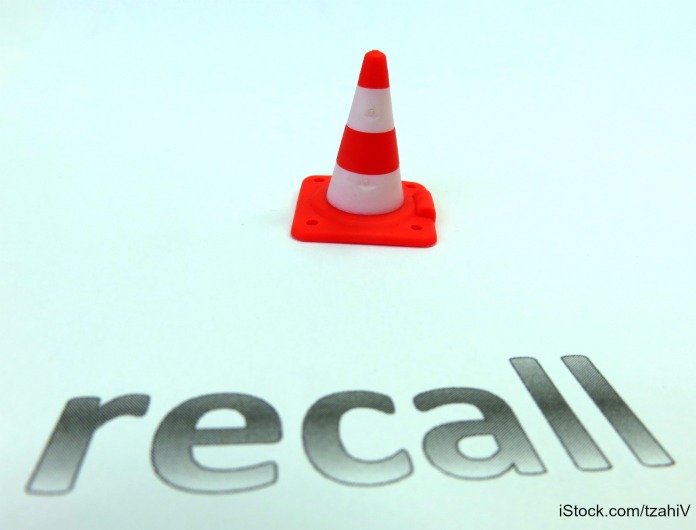The FDA’s recall process did not always ensure the safety’s of this country’s food supply, according to a report released today by the Office of Inspector General (OIG) of U.S. Department of Health and Human Services. Reviews of the recall process oversight were conducted previously. According to the repot, “At the time of those OIG reviews, FDA did not have statutory authority to require food manufacturers to initiate recalls of most foods..”

Enactment of the Food Safety Modernization Act (FSMA) in 2011 gave the FDA new authority to order a mandatory recall to force firms to recall potentially harmful foods. The review of the OIG was conducted to determine whether or not the FDA is fulfilling its responsibility to safeguard America’s food supply.
The objectives of the report were to determine whether the FDA had an efficient and effective food recall process. Did FDA maintain oversight of the food recall initiation process, monitor recalls, and maintain food recall data in the electronic recall data system?
Documentation for 30 voluntary food recalls were selected from the 1,557 recalls reported to the FDA between October 1, 2012 and May 4, 2015. The report showed that there was not an efficient and effective food recall process.
The OIG identified deficiencies in the oversight, monitoring, and information that was put into the data system. The FDA could not always ensure that firms initiated recalls promptly and that the FDA did not evaluate health hazards in a timely manner, did not issue audit check assignments at the appropriate level, complete audit checks, collect timely and complete status reports, track key recall data in the Recall Enterprise System (RES), or maintain accurate recall data.
These problems were caused by various issues. The FDA does not have adequate procedures in place to make sure that firms take prompt and effective action in initiating recalls. FDA staff did not have sufficient oversight to make sure the assignment was issued at the appropriate level. FDA obtained incomplete and inaccurate consigns information. FDA did not have adequate procedures to collect status reports. And the RES did not track all information needed to monitor recall activities, and contained inaccurate data.
The OIL recommends that the FDA use its Strategic Coordinated Oversight of Recall Execution (SCORE) initiative to establish set timeframes, expedite decision-making and move recall cases forward, and improve electronic recall data. FDA agreed with the conclusion that it needs help to make sure that recalls are initiated promptly.





The article incorrectly states that FDA did not have mandatory recall authority during the period examined by the HHS OIG. FDA has had the authority to mandate a recall since the FDA Food Safety Modernization Act was enacted in January 2011.
This sentence is taken directly from the OIG report: “At the time of those OIG reviews, FDA did not have statutory authority to require food manufacturers to initiate recalls of most foods.”